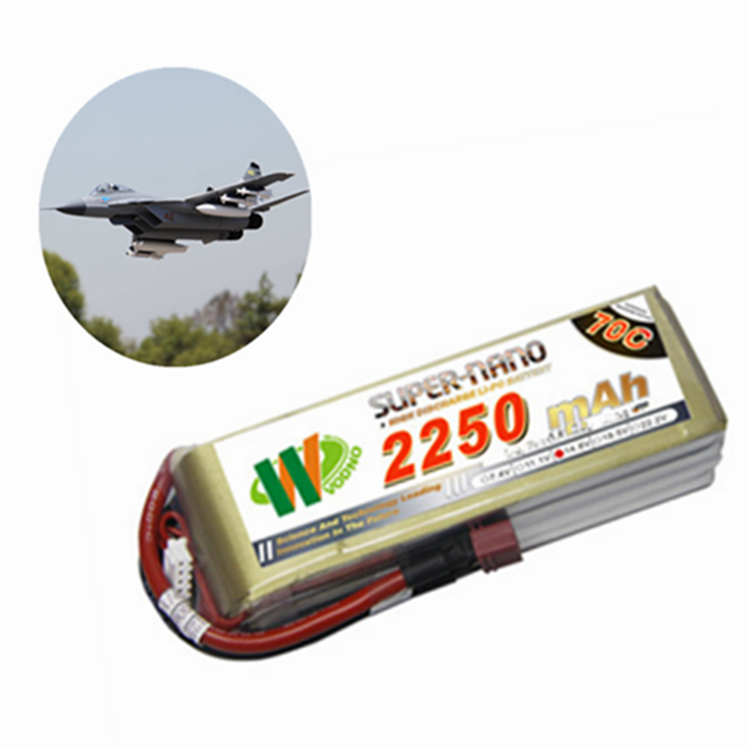© Copyright 1976-2017 Shenzhen Vodno Technology Co., Ltd All rights reserved. Powered by iwonder.cn
Lithium polymer batteries, sometimes known as LiPo batteries, are rechargeable energy storage devices that employ polymer electrolytes rather than liquid electrolytes.
RC cars are a popular market for LiPo batteries since they require batteries to run and LiPo batteries seem to be a perfect choice.
Most notably, they outperform all of their rivals in terms of keeping a constant voltage.
There is a common misconception that all batteries are comparable and similar.
They may have a similar appearance and the same characteristics and configurations; however, they differ on the basis of value, performance, and efficiency.
Endeavor to do independent testing, take battery setup into account, and inspect the connections.
Furthermore, before acquiring a Li-polymer battery, be sure to read the reviews and ratings.

LiPo batteries, generally, necessitate proper care and maintenance because they are a bit overly delicate and require additional attention.
Although, most people merely disregard the fact that they require maintenance because they also provide several benefits, such as being lighter, having greater capacity, better discharge rates, and more.
Here are a few pointers that can help you get more performance out of your RC car's LiPo batteries.
Compatible chargers for LiPo batteries should be the top priority, and not simply because they extend battery life.
In addition to raising the safety hazards and lowering the battery's lifespan, using an incompatible charger prevents your battery from being fully charged.
It is recommended that you do not overcharge your battery and keep it completely charged.
Overcharging your battery beyond 4.2 V per cell is not recommended.
Using a suitable charger will also assist you in maintaining the current and voltage levels till it reaches their optimum level.
Charge it in accordance with the directions, please. Avoid charging them near combustible surfaces or at below-freezing temperatures.
Frequently inspect your battery to make sure it is not bloated, fractured, or otherwise compromised.
Batteries should not be discharged beyond the labels' recommended amperage rates.
Discharging the battery below 3V may result in negative repercussions.
Also, make sure your battery's temperature doesn't exceed 140 degrees Fahrenheit throughout the discharging procedure.
Even with the storing of Li-Polymer batteries, more caution and consideration are required.
Do not keep your battery fully charged if you want to store it for more than 30 days or if you intend to leave it in its current state for around a month.
Verify that loose batteries are not kept close to one another in storage. Additionally, it is advised against keeping your batteries in the direct sun, next to combustible materials, or at extremely high or low temperatures.
Because the LiPo battery might be dangerous, it's crucial to get rid of it carefully.
After shorting out the Li Polymer battery by submerging it in a saltwater bath, check the voltage before discarding the batteries.
There are a few general safety precautions that should be taken when handling LiPo batteries for RC vehicles, including
We are one of the top RC Li polymer battery producers, and we have been designing and manufacturing RC Li polymer battery accessories for over a decade. We also provide OEM services.
We provide rechargeable batteries for almost every sort of RC model. Contact us immediately to receive a variety of lithium polymer battery samples.